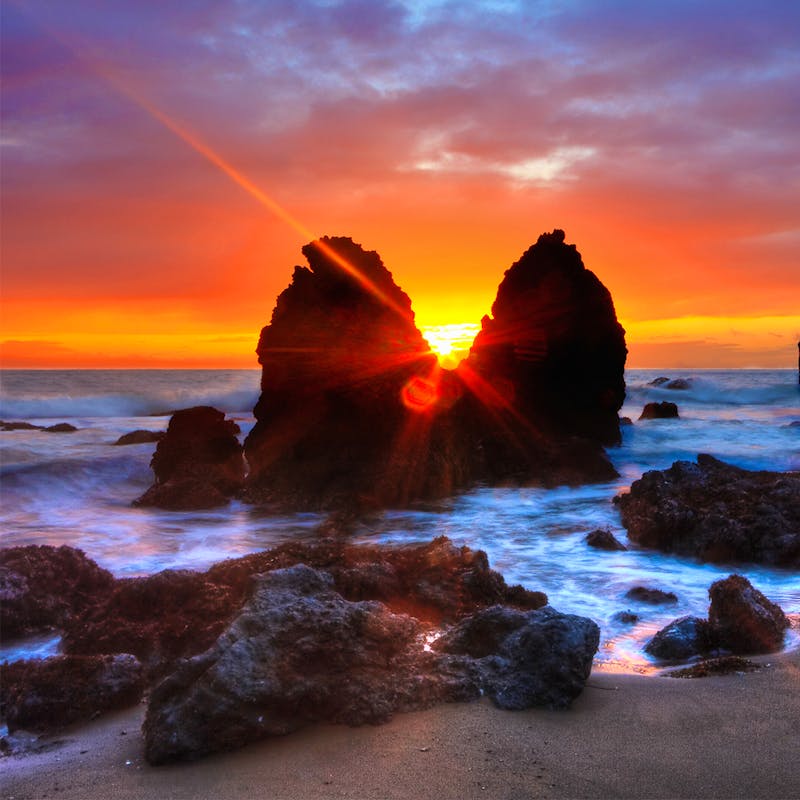Tweet“With the red knot in such a dire state, unprecedented emergency measures are plainly warranted. Instead, the Commission is poised to further reduce protections, hastening the species’ march toward extinction. Regulators can and must do better for this magnificent bird.”
A coalition of conservation groups has warned regional fishery managers that a proposed change to the rules governing horseshoe crab removal in Delaware Bay threatens the red knot, a declining migratory shorebird whose numbers along the bay reached a record low last spring.
In a letter submitted on January 18, the groups informed the Atlantic States Marine Fisheries Commission that its proposed revision to the management of horseshoe crabs in Delaware Bay would likely result in a violation of the Endangered Species Act. The groups explained that the proposal would likely lead to lifting the prohibition on the killing – or “harvesting” – of female horseshoe crabs for use as fishing bait. Horseshoe crab eggs are a crucial food source for the red knot.
Red knots make one of the most epic migrations in the animal kingdom, starting as far south as Tierra del Fuego and flying more than 9,000 miles to their breeding grounds in the Arctic Circle. For most red knots, Delaware Bay is a critical resting point to replenish and renourish with horseshoe crab eggs before finishing their journeys, enabling a rapid doubling of their body mass.
In recent decades, the harvest of horseshoe crabs has significantly impacted the supply of eggs awaiting red knots. In 2021, the peak count of red knots along Delaware Bay reached a record low, while the estimated Delaware Bay horseshoe crab population has also remained at historically low levels.
The Commission is scheduled to vote on the proposed revision on January 26, without giving the public any meaningful opportunity to review or weigh in on the changes.
The coalition, which includes Defenders of Wildlife, New Jersey Audubon, and Earthjustice, urged the Commission not to proceed with the proposed revision and to ensure an adequate food supply for red knots during their annual migration.
Christian Hunt, Southeast representative at Defenders of Wildlife, said:
“With the red knot in such a dire state, unprecedented emergency measures are plainly warranted. Instead, the Commission is poised to further reduce protections, hastening the species’ march toward extinction. Regulators can and must do better for this magnificent bird.”
David Mizrahi, vice president of research and monitoring at New Jersey Audubon, said:
“Horseshoe crabs are a keystone species in the near shore tidal ecosystems of Delaware Bay, providing critical food resources for the federally threatened shorebird, the red knot, as well as ecologically valuable sport and forage fish species. A change in the Commission’s harvest package that allows the harvest of female horseshoe crabs in the Delaware Bay region will further exacerbate population viability of red knots and important marine organisms.”
Ben Levitan, senior attorney for Earthjustice’s Biodiversity Defense Program, said:
“The Commission must not allow red knots to travel thousands of miles only to starve on the shores of Delaware Bay. As a threatened species, the red knot is entitled to protections under the Endangered Species Act. We have already seen the population of red knots plummet, and the proposed revision would likely exacerbate the decline of this magnificent bird.”
To read the coalition’s letter to the Atlantic States Marine Fisheries Commission, please click here: https://defenders.org/sites/default/files/2022-01/DOW_EJ_NJA_commentsrehscframeworkrevision.pdf
About Defenders of Wildlife
Defenders of Wildlife is dedicated to the protection of all native animals and plants in their natural communities. With nearly 2.2 million members and activists, Defenders of Wildlife is a leading advocate for innovative solutions to safeguard our wildlife heritage for generations to come. For more information, visit defenders.org/newsroom and follow us on Twitter @Defenders.
About New Jersey Audubon
New Jersey Audubon is a privately supported, not-for profit, statewide membership organization. Founded in 1897, and one of the oldest independent Audubon societies, New Jersey Audubon fosters environmental awareness and a conservation ethic among New Jersey's citizens; protects New Jersey's birds, mammals, other animals, and plants, especially endangered and threatened species; and promotes preservation of New Jersey's valuable natural habitats. For more information, visit www.njaudubon.org
About Earthjustice
Earthjustice is the premier nonprofit environmental law organization. We wield the power of law and the strength of partnership to protect people’s health, to preserve magnificent places and wildlife, to advance clean energy, and to combat climate change. We are here because the earth needs a good lawyer. For more information, visit earthjustice.org.
For over 75 years, Defenders of Wildlife has remained dedicated to protecting all native animals and plants in their natural communities. With a nationwide network of nearly 2.1 million members and supporters, Defenders of Wildlife is a leading advocate for innovative solutions to safeguard our wildlife for generations to come. To learn more, please visit https://defenders.org/newsroom or follow us on X @Defenders.
Media Contact
News

Colorado Announces No Wolf Release This Winter



